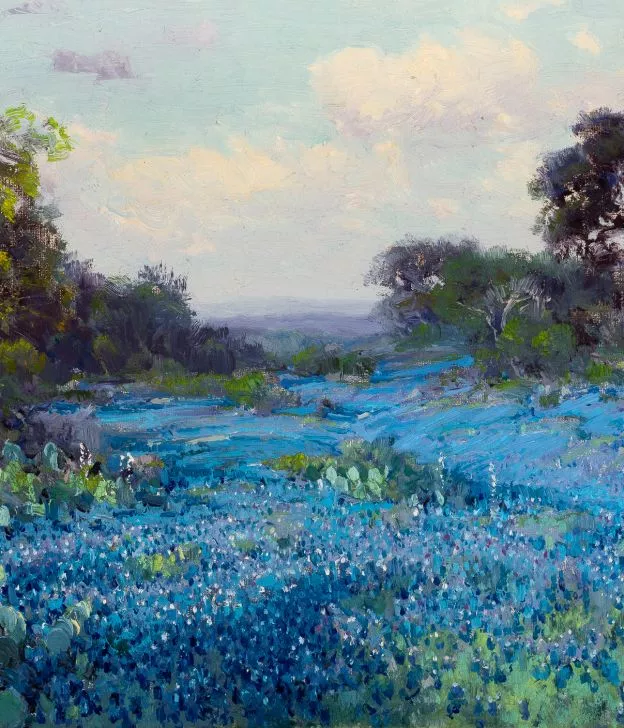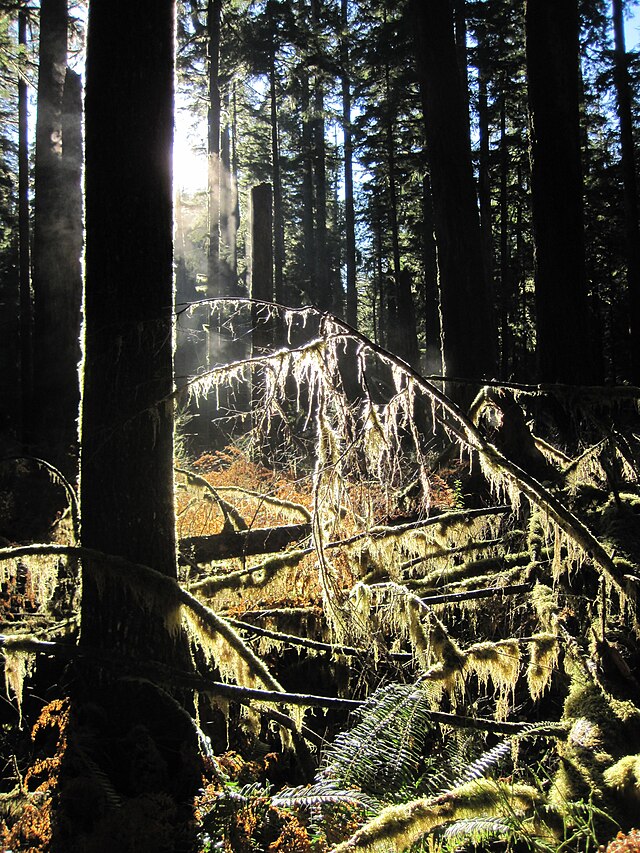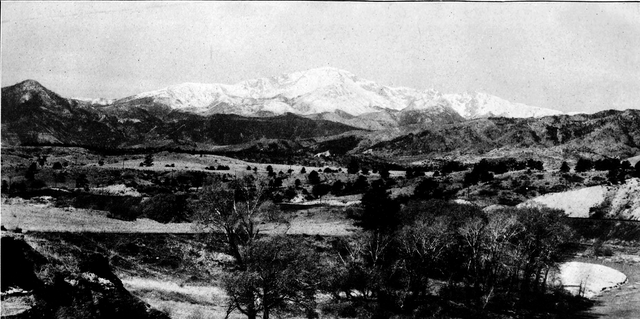
America the Beautiful
Hitting the Road with History
O Beautiful, for Spacious Skies…
This summer is the anniversary of Katherine Lee Bates writing, “America the Beautiful,” a song that helps Americans appreciate both the beauty of the natural world and our nation’s founding principles.
Originally a poem entitled, “America,” Bates wrote it after traveling west through Niagara Falls, Chicago, and prairie land. A crowning moment of the trip was when she hiked to the top of Pikes Peak in the Rocky Mountains. There Bates jotted down the opening lines from the top of Pikes Peak, while gazing across “the sea-like expanse of fertile country.”

Even though summer is drawing to a close, there is still plenty of time to visit our nation’s national parks, forests, and landmarks and see what inspired Bates to write this American classic. Here are a few of the JMC staff’s favorite destinations:
Olympic National Park, Washington
Established in Washington state in 1938, Olympic has three distinct ecosystems, encompassing a variety of terrain, including Pacific coastline, glacial mountains, and (believe it or not!) primeval rain forests.
Everglades National Park, Florida
On May 30, 1934, Everglades National Park was established in southern Florida. Roughly 1.5 million acres of wilderness (!), the park encompasses one of the largest wetlands in the world and is known for its beautiful, wild landscapes and wildlife (especially alligators).
Grand Canyon National Park, Arizona
On February 26, 1919, Grand Canyon National Park was established in Arizona. The canyon is truly awe-inspiring – spanning up to 18 miles at its widest point and plunging to over a mile deep, it is actually larger than the U.S. states of Delaware and Rhode Island (!)
Shenandoah National Park, Virginia
On December 26, 1935, Shenandoah National Park was established in Virginia. Extending along the Blue Ridge Mountains of the Appalachian Range, the park contains 100+ miles of the Appalachian Trail, as well as Skyline Drive (left), a particularly picturesque road running along the crest of the Blue Ridge Mountains.

Pikes Peak, Colorado
Named in honor of the American adventurer Zebulon Pike, Pikes Peak is the highest summit on the Front Range of the Rocky Mountains. Besides its awe-inspiring view, some Coloradans insist that twice a year a shadow from the peak resembles none other than President Abraham Lincoln! Besides chasing shadows, tourists from around the world visit Pikes Peak to hike, bike, ski, and sightsee.
But “America the Beautiful” is about more than breathtaking landscapes. It’s also about the freedom and opportunities that her doors have opened, the “patriot dream that sees beyond thy years”, and the sacrifice of the many heroes “who more than self, their country love” (emphasized in this popular rendition by Ray Charles).
The Jack Miller Center is devoted to preserving “America the Beautiful” by supporting educators in their efforts to preserve the teaching, appreciation, and beauty of the American idea. America is a land of hope and has been for the millions who arrived on her shores seeking a better life. Our nation’s students deserve to learn about how Americans have strived to “mend thine every flaw, Confirm thy soul in self-control, thy liberty in law”.
We need your help ensuring that our children and our children’s children appreciate the struggles and successes of our history.
